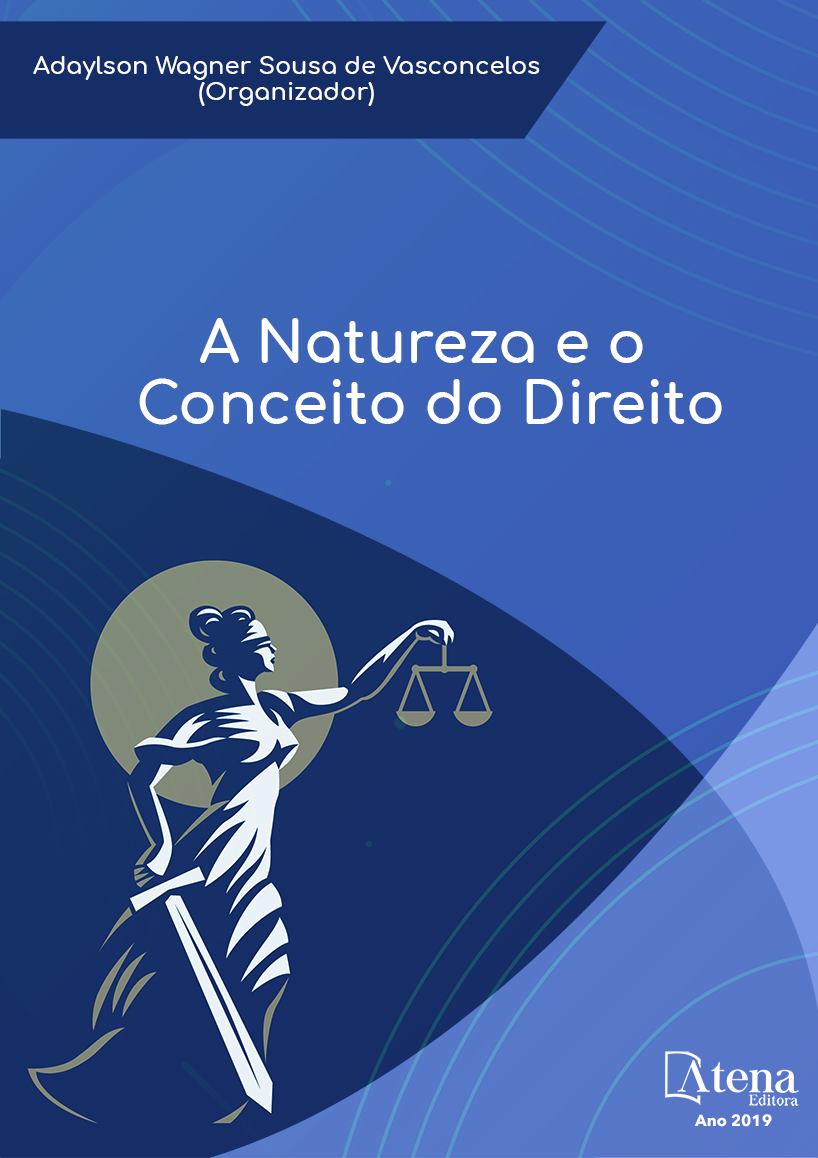
UMA REFLEXÃO SOBRE A FORMAÇÃO DE UM OPERADOR DO DIREITO
Este artigo defende a tese de que
arte e ciência possuem linguagens distintas, mas
complementares e essenciais à formação de
um operador do Direito. Para tanto, apresentase um recorte de uma pesquisa qualitativa
desenvolvida com objetivo de compreender a
narrativa de sociedade presente em uma série
televisiva para, posteriormente, analisar as
possibilidades, o alcance e a funcionalidade
de elementos audiovisuais como contexto à
interpretação de narrativas jurídicas. O recorte
apresentado refere-se a uma das ações
investigativas que analisa um seriado televisivo,
a partir das ideias de Weber. Utiliza-se dos
princípios da Hermenêutica para compreender
a narrativa de sociedade e os enunciados
presentes no episódio denominado Momento
Waldo. Para a captação dos enunciados foi
fundamental a elaboração de um referencial de
codificação. Tal referencial é um instrumento
fundamentado teoricamente que contém
elementos narrativos e serve de guia para a
compreensão do fenômeno em estudo. Os
resultados preliminares permitem dizer que
arte e ciência, ainda que vistas como narrativas
opostas, não são mutuamente excludentes e
podem se tornar elementos complementares na
formação de um operador do Direito.
UMA REFLEXÃO SOBRE A FORMAÇÃO DE UM OPERADOR DO DIREITO
-
DOI: 10.22533/at.ed.76819081024
-
Palavras-chave: Ação social; Narrativas expressivas; Momento Waldo.
-
Keywords: Social action; Expressive narratives; Waldo Moment.
-
Abstract:
This article defends the idea that
art and science have different languages, but
complementary and essential to the formation
of an operator of the law. To this end, we present
a study of a qualitative research developed in
order to understand the narrative of society
present in a television series to later analyze
the possibilities, scope and functionality of
cinematography elements as a context to the
interpretation of legal narratives. The present
excerpt refers to one of the investigative actions
that analyzes a television series, based on
Weber's ideas. The principles of hermeneutics
are used to understand the narrative of society
and the utterances present in the episode
named Waldo moment. In order to capture
the utterances, the elaboration of a referential
coding was fundamental. This referential is a
theoretically grounded instrument that contains
narrative elements and serves as a guide for
understanding the phenomenon under study.
The preliminary results allow us to say that art and science, even though viewed as opposing narratives, are not mutually exclusive
and can become complementary elements in the formation of an operator of the law.
-
Número de páginas: 15
- Vitória Regina Maia Castelo Branco


